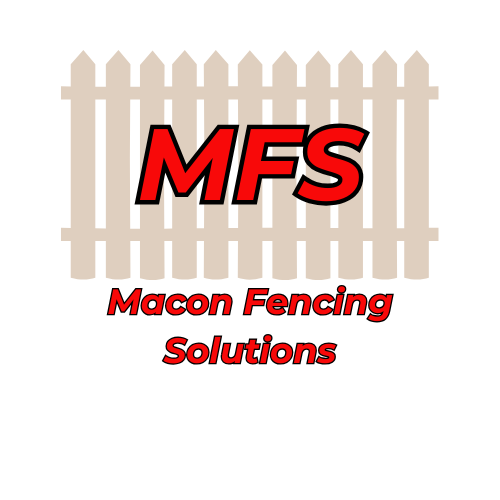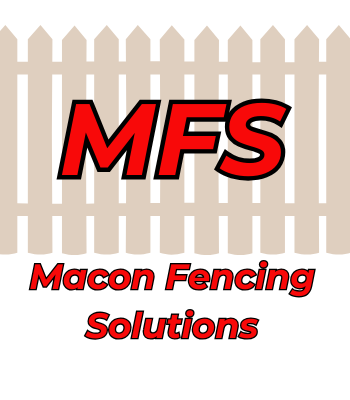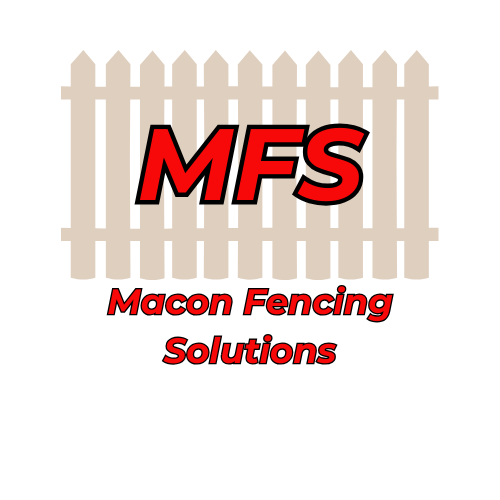FAQ
How long does a fence typically last?
The lifespan of a fence depends on the material used and environmental factors. Wood fences typically last around 10 to 15 years with proper care, while metal and vinyl fences can last 20 years or more. Regular maintenance, such as cleaning and sealing, can help extend the life of your fence.
What is the best type of fence for privacy?
For maximum privacy, a solid panel fence, such as a privacy fence, is the best option. These fences offer no gaps between the panels, ensuring complete seclusion. Materials like wood, vinyl, and composite are popular choices for privacy fences because they can be customized to suit your aesthetic and provide long-lasting durability.
Do I need a permit to install a fence?
In many areas, a permit is required to install a fence, especially if it exceeds a certain height or is built on a property line. Local zoning regulations can vary, so it’s always a good idea to check with your local authorities or homeowners' association before beginning your project to ensure you comply with any legal requirements.
Can a fence be installed on a slope or uneven ground?
Yes, fences can be installed on sloped or uneven terrain, but the installation process may vary depending on the slope's degree. There are two main methods: stepped installation, where each section of the fence is slightly higher than the next, and racked installation, where the fence follows the slope for a smooth, continuous line. Our experts at Macon Fencing Solutions can recommend the best option for your property.
How much does it cost to install a fence?
The cost of installing a fence depends on several factors, including the material, height, length, and complexity of the installation site. On average, the cost can range from a few hundred to several thousand dollars. It’s best to schedule a consultation with Macon Fencing Solutions for a customized quote based on your specific needs and property.
How do I maintain my wood fence?
Maintaining a wood fence involves regular cleaning to remove dirt, mold, or mildew, as well as sealing or staining the wood every few years to protect it from the elements. Inspect the fence regularly for signs of damage, such as rotting, warping, or broken panels, and address any issues promptly to extend the life of your fence.
How can I tell if my fence needs repairs?
Signs that your fence may need repairs include leaning or unstable posts, loose or broken panels, visible rot or rust, and gaps or spaces that compromise privacy and security. If your fence has experienced damage from storms, accidents, or wear and tear, it's essential to have it inspected and repaired to avoid further damage or safety hazards.


